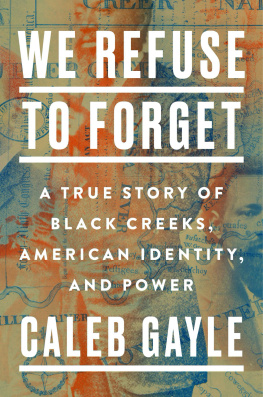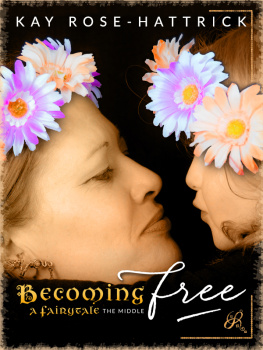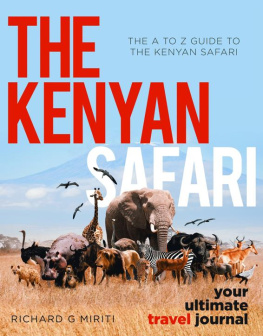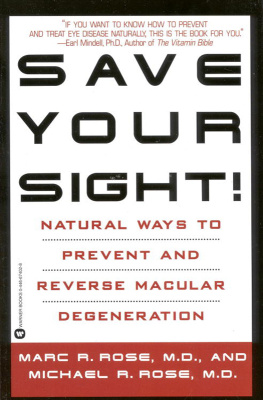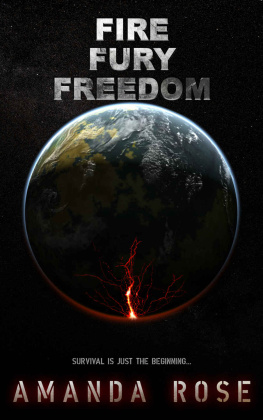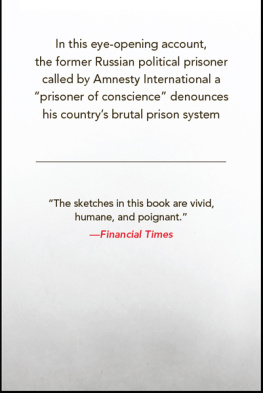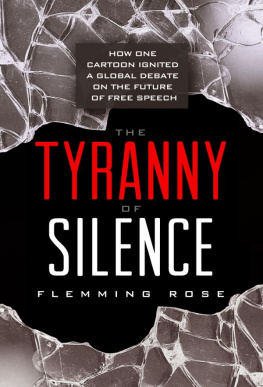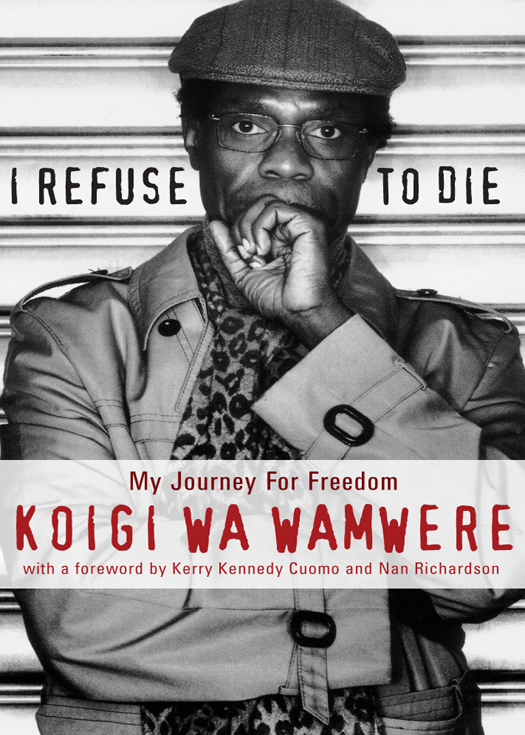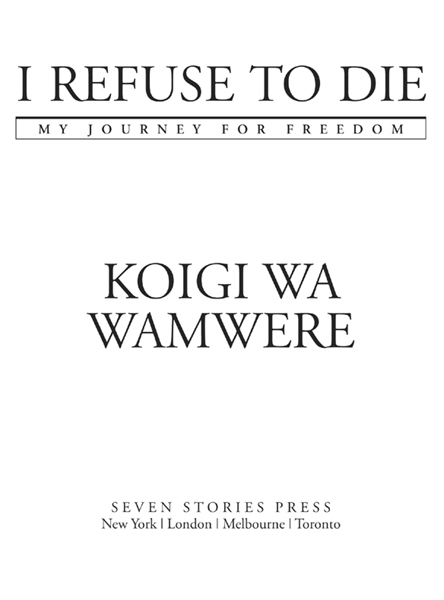Copyright 2002 by Koigi wa Wamwere
First trade paperback edition March 2004.
All rights reserved. No part of this book may be reproduced, stored in a retrieval system, or transmitted in any form, by any means, including mechanical, electric, photocopying, recording or otherwise, without the prior written permission of the publisher.
Extended quotations from Facing Mount Kenya by Jomo Kenyatta (Vintage) used by permission of the publisher.
Seven Stories Press
140 Watts Street
New York, NY 10013
www.sevenstories.com
Library of Congress Cataloging-in-Publication Data
Koigi wa Wamwere.
I Refuse to Die: My Journey for Freedom
eISBN: 978-1-60980-237-0
1. Koigi wa Wamwere. 2. Human rights workersKenyaBiography. 3. KenyaPolitics and government19631978. 4. KenyaPolitics and government1978 1. Title.
PQ7079.2.R55 C8413
863.64dc21
00-032936
College professors may order examination copies of Seven Stories Press titles for a free six-month trial period. To order, visit www.sevenstories.com/textbook, or fax on school letterhead to (212) 226-1411.
v3.1
CONTENTS
ACKNOWLEDGMENTS
A ll those living and dead, mentioned and unmentioned, without whom neither my life nor my story would have been: Ancestors, Grandparents, Mother, Father, brothers, sisters, in-laws, relatives, friends, Kenyans, the world, even enemies. I Refuse To Die is as much their story as it is mine.

All those who told me I had a story, encouraged me to tell it and never to despair. I hope what they read is what they expected. If it falls short, the fault is all mine.

My wife and our children for the company and attention that I denied them when writing this book. Without their sacrifice, this book would have been impossible. In reading the story, may they reap as much as they sowed.

All those in Kenya who risked much to help my family and me survive in days of imprisonment, detention and flight. Without their sacrifice, effort and camaraderie, this story would never have stuck together as it does now.

Norwegian government and friends like Einar Lunde, Anders Breidlid, Ian Bryceson, Yacoub Cisse, Amani Buntu, Andreas Skartveit and William Nygaard. The book is partly a fruit of their generosity, friendship and solidarity.

Bruce Friedman for reading and correcting my earlier drafts. Our dream that some day, we might sit in a cinema, eating popcorn and watch I Refuse To Die on the screen was the fuel that kept my writing motor running.

My friends in America like Neil Getnick, Micere Mugo, Jonathan W. Cuneo, Michael Koplinka Loehr, Andre Balazs, and Ravi S. Bhalla for connecting my story with its destiny.

Kerry Kennedy Cuomo and Nan Richardson for their introduction and for putting me in touch with Publisher Dan Simon and Seven Stories Press whose good judgment and embrace finally gave my story a voice and wings.

Last but not least, my editor Jill Schoolman for her expert midwifery in the delivery of this book.
FOREWORD
KERRY KENNEDY CUOMO AND NAN RICHARDSON
K oigi wa Wamwere is one of Africas bravest men, a powerful defender of human rights and Kenyas best-known political prisoner. His personal and probing story, which unfolds in many layers and through many voices in the pages that follow, is extraordinary by any measure, and his passionate response to the events of his lifehis attitude of tolerance and justice and his ability to transmute experience into literature in the form of plays, poems, novels and this marvelous book you hold in your hands nowcatapults him into the level of greatness on the world stage.
I Refuse to Die is a graphic and passionate account, a powerful mix of storytelling and penetrating dissection of the underlying forces at work in Kenya, including the ethnic tensions underlying the countrys complex political system, President Daniel arap Mois misdeeds and the Wests maladroit interventions. You cannot read this book without pain; you cannot finish it without a sense of joy. It shows a knowledge so thorough, a passion so scalding, a morality so vigorous that we come away from it feeling energized to do something. While we may understand through narrative, we remember through poetry and song. The power of this story is in its texture and voice, a voice filled with spirit and physicality. We feel the reality as much as see it; because the reality is wooed and not dictated, our understanding is significantly greater.
That understanding is the legacy Wamwere wishes to leave us with: the knowledge and wisdom that will bring forth change at last not just in Kenya, or Africa, but in developing countries everywhere in the world, and for people experiencing the loss of fundamental liberties in every country on this globe.
But you must understand some things about Koigi wa Wamwere to fully appreciate the difficulty of the road he has walked, the choice it represented for him. He is a man blessed with gifts: intelligence, initiative and, as his remarkable story narrates, the gift of choice. There were many moments when he could have walked away, far away, to gentler waters of life. Instead he chose again and again to thrust himself into the tumult, the moral battle, because of his convictions and dreams. He has risked his home, his own life and psychic equilibrium, as well as the safety of his family and friends.
Born to a poor family in a forest community, Wamwere excelled in school and was eventually awarded a scholarship to study at Cornell University, where his studies were interrupted in 1973. Rather than staying in the United States, he courageously returned to Kenya to work for democratic reform, running for Parliament in 1974, until his criticism of the Kenyan president and his government led to his arrest in 1975. He was held for three yearswith no charges, no judge and no jury.



